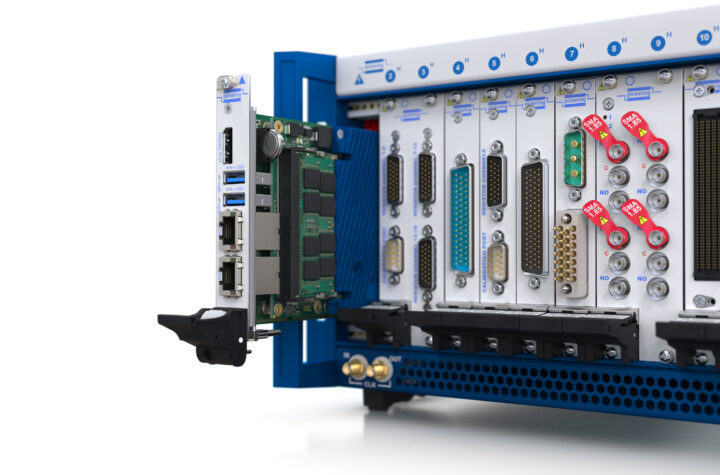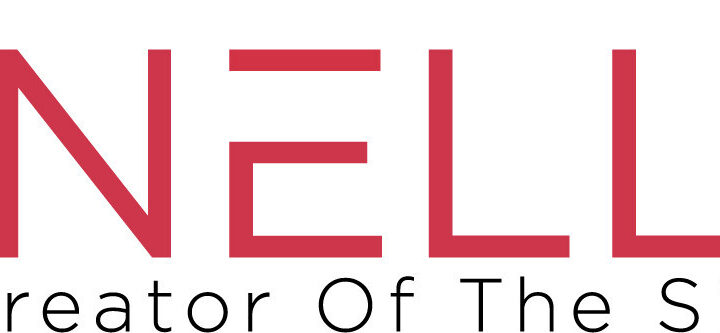
CeBIT establishes itself as a business platform
Deciding to accommodate business at CeBIT 2014, the world’s largest computer expo, has paid off. Exhibitors negotiated a reported 25 billion Euro worth of business at the fair, held in Hannover, Germany in March 2014.
“The revamped CeBIT has proven a complete success. Our sharp focus on business users really hit the mark,” said Oliver Frese, the Deutsche Messe Managing Board member in charge of CeBIT, at the closing press conference. “Our exhibitors have succeeded in reaching their goals, as indeed have we, the organizers.”
As the 2014 official Partner Country Great Britain showcased its IT achievements. According to Wayne Rash of Techweekeurope, the continued success of CeBIT is that its organizers, Deutsche Messe, keep adapting the event to keep it viable. In 2014 the focus was on start-ups and innovators. Some 10% of the exhibitors at the show were startups
As a result it was the most youthful CeBIT ever: “Over 300 start-ups brought new energy, entrepreneurial drive and creativity to this year’s CeBIT,” Frese observed. The 50 startups exhibiting in the CODE_n showcase in Hall 16 were a standout attraction. The young entrepreneurs were able to build relationships with large numbers of established firms, investors and venture capitalists, and were clearly pleased with the results. Over 100 venture capital groups looking for new places to invest were represented.
The C-Level programs aimed at top executives also proved highly popular. “Yet again, we have seen that the presence of top decision-makers automatically leads to greater attendance by other top decision-makers. More than 2,000 CIOs and other managers attended CeBIT 2014. This means we have more than tripled our turnout in this choice segment,” said Frese.
Jan Geldmacher, CEO of Vodafone Global Enterprise and Chairman of the CeBIT Exhibitors’ Committee, also gave this year’s show high marks: “The new CeBIT strategy with a clear focus on trade visitors and a stronger emphasis on international participation is great for us, because our CeBIT objectives have always centered on reaching a highly corporate and international audience. This will remain our strategy for the years to come, and will definitely be back for CeBIT 2015 and 2016.”
The next CeBIT will be staged from 16 to 20 March 2015.
Automotive Industries (AI) asked Frese what made Deutsche Messe concentrate solely on businessfocused participation while removing the consumer participants.
Frese: Reconstructing a major event like CeBIT is of course not an easy project, but it was not a risky move. We work very closely with our exhibitors and partners and in recent years they indicated a strong desire to focus the show on business. Together, we decided to make this change. It turned out to be the right move.
AI: What were some of the other major changes at CeBIT and how will these changes continue to evolve over the next couple of years?
Frese: We tightened up our range of offerings to ensure that all the different events more closely intertwine. For example, we moved the CeBIT Global Conferences – with speakers such as Apple cofounder Steve Wozniak and Wikipedia’s founder Jimmy Wales on to the show floor with a dedicated conference center in Hall 8. Also, we drastically regrouped the topic clusters to give exhibitors and visitors a better orientation. But of course, refining CeBIT is a continuous process and in the next years we will see further changes as we integrate other industries.
AI: From an automotive industry point of view – what does CeBIT offer now that makes it even more attractive to automotive participants?
Frese: CeBIT 2014 was a major event for the automotive industry: VW’s CEO, Martin Winterkorn, spoke at the opening ceremony about the connected car, and we had several automobile groups presenting their IT solutions in cooperation with big names from the IT industry. And there was the annual CeBIT Automotive Day with high-level speakers talking about the new role of IT in the automotive industry. Going forward we will strengthen CeBIT’s appeal and connection to industries such as automotive which depend heavily on the IT industry for future innovations.
Automotive Industries then asked Hartwig von Sass, Head of CeBIT Communications, Deutsche Messe, what the feedback was from the 2014 CeBIT.
Von Sass: We are very pleased with the feedback from exhibitors and visitors. With a total investment volume of more than 25 billion Euros initiated at CeBIT many exhibitors exceeded their expectations. We still have a lot of work ahead of us, but this year’s show confirmed that we made the right move at the right time.
AI: What kind of participation did the event have from the automotive sector?
Von Sass: More than 90% of innovation in the automotive sector is driven by IT. CeBIT featured strong presentations from VW, Continental, Mercedes Benz and BMW, among others – not only in the exhibit halls but also in the conference program. At CeBIT visitors saw first-hand the crucial role that IT plays in designing, manufacturing and operating motor vehicles.
AI: How important are automotive companies’ participation at future CeBIT events and why?
Von Sass: With brands like VW, BMW, Porsche and Mercedes, Germany is home to some of the world’s best car manufacturers, so CeBIT already has a strong base in this sector to grow from. Today, technology drives innovation in the automotive industry. Car manufacturers concentrate on the driving experience and improving driving safety. These highly complex, built-in systems are developed in cooperation with IT companies that present their solutions at CeBIT. Furthermore, the automotive industry has begun to establish its own start-up companies with specialists who analyze the huge amounts of data produced by cars. Because of this interconnectedness, it is very important for both the automotive and the IT industries that automotive companies participate in CeBIT
Awards
CODE_n14 Award
The third annual CODE_n Award was with prize money of 30,000 Euro was awarded to London-based Viewsy which beat 450 start-ups in total and 50 at CeBIT.
CeBIT Innovation Award
In 2014the CeBIT Innovation award was given for three outstanding developments – one each in the fields of design, user-friendliness and man-machine interaction. The awards are offered jointly by the German Federal Ministry of Research and Deutsche Messe and have 100,000 Euro in prize money.
The first 50,000 Euro prize went to three graduate computer scientists: Christian Beier, Benjamin Werner and Sebastian Winkler for their app shoutr, which facilitates the wireless exchange of pictures and music via smart phones and other mobile terminals in the immediate vicinity through WLAN technology without any diversions by way of clouds, servers or other Internet services.
The second prize, along with 30,000 Euro, was won by the intuitive robotics construction kit Kinematics created by graduate designers Leonhard Oschütz and Christian Guder and business administration graduate Matthias Bürger. This construction game makes it possible for children from different age groups, with or without prior knowledge of computers, to build interactive, autonomously-moving robots.
This year’s CeBIT Innovation Award for Visionary Ideas, plus EUR 20,000, went to Sven Köhler and his fellow student Christian Holz, who in the meantime has acquired his PhD. Together they developed Fiberio, a multitouch table that identifies fingerprints in fractions of a second while it is being used. When using Fiberio, several users can be identified without any registration or login procedure and can interact simultaneously. The technology, which is based on fiber optic material, offers a high and user-friendly safety standard














More Stories
Lakshmi Prasad Bhatta on the quest for zero road deaths
Cybord TCI – The Future of Manufacturing Integrity
Flexible Magna Manufacturing Solutions: The Key to Success in the Automotive Industry